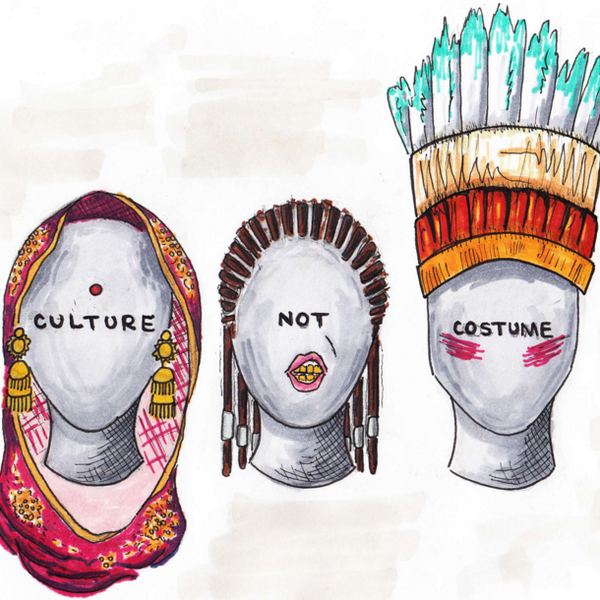To continue researching the meaning of food deserts, the final piece of the project took place in Charleston, W.Va. The trip ran from Nov. 2-6, to report on how food justice helps or hurts residents in surrounding areas.
Students of West Virginia University and Morgan State University prepared for this trip by gathering new research to discover once they arrived in Charleston. All students were placed together into different teams.
To focus on one of the teams, on the first day, one of the groups went out and reported in a town called Huntington, W.Va. to get some interviews. The team “Gov @ Your Table” visited the office of Information and Referral. At this place, they deal with some residents of W.Va. to help them not only with food but meeting their financial needs. Some of the services provide resources to individuals through community agencies and churches. Just like any other citizen that walks into their office, they must submit an application to be eligible for benefits.
It is known that people like to take advantage of the system, but if someone is hungry, they will feed them no matter what. Last year over 11-thousand families were served. They see people who are homeless, hungry, need health assistance, utility, and house goods. Although they would love to help everyone, some are unable to get the resources they offer.
The second day of reporting the team went to Facing Hunger Foodbank, located in Huntington, W.Va. There they met two of the employees that gave more information on how they offer food to residents in West Virginia, Kentucky, and Ohio. There the team gained information about why the foodbank started and the obligations that connect them to Feeding America.
Once Feeding America was able to start it became very active, getting support from retailers like Kroger, Walmart, Walgreens and Target, “The other piece of it is that it allows us a uniformity to food safety. Feeding America also partners with corporate foundations,” said by executive director Cynthia Kirkhart. At the foodbank they have a backpack program, that helps families with children so that they will have something to eat. Family packs are available for the holidays for the entire school year, “And as you'll see our backpack program if we have funding for specific schools and programs it's great because then we’re able to provide more consistent food types,” said Kirkhart. She also mentioned how the backpack program provides additional financial help.
Although they may have some disadvantages, their advantages of Feeding America are that Bank of America benefits from them, but not in West Virginia because they do not exist. Without large donations along with grant funding, tax incentives would decrease. Most of the food is distributed to be healthy, “So on average we are distributing more now of what the new America refers to a student's stone courage which are for use and healthy grains and protein and that type of thing. Verses what food banks are typically known to distribute which are starch, carbs and box things,” said Kirkhart.





















